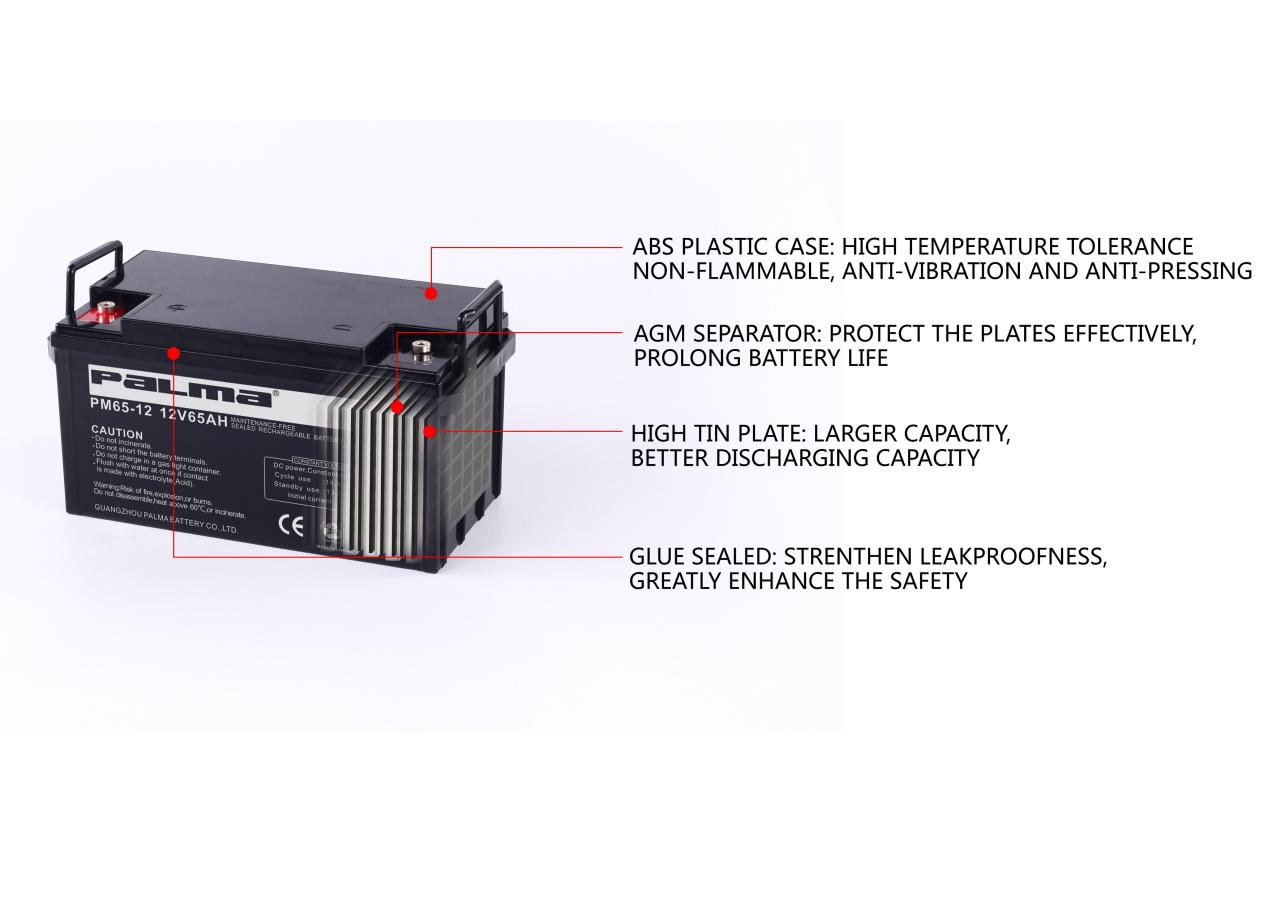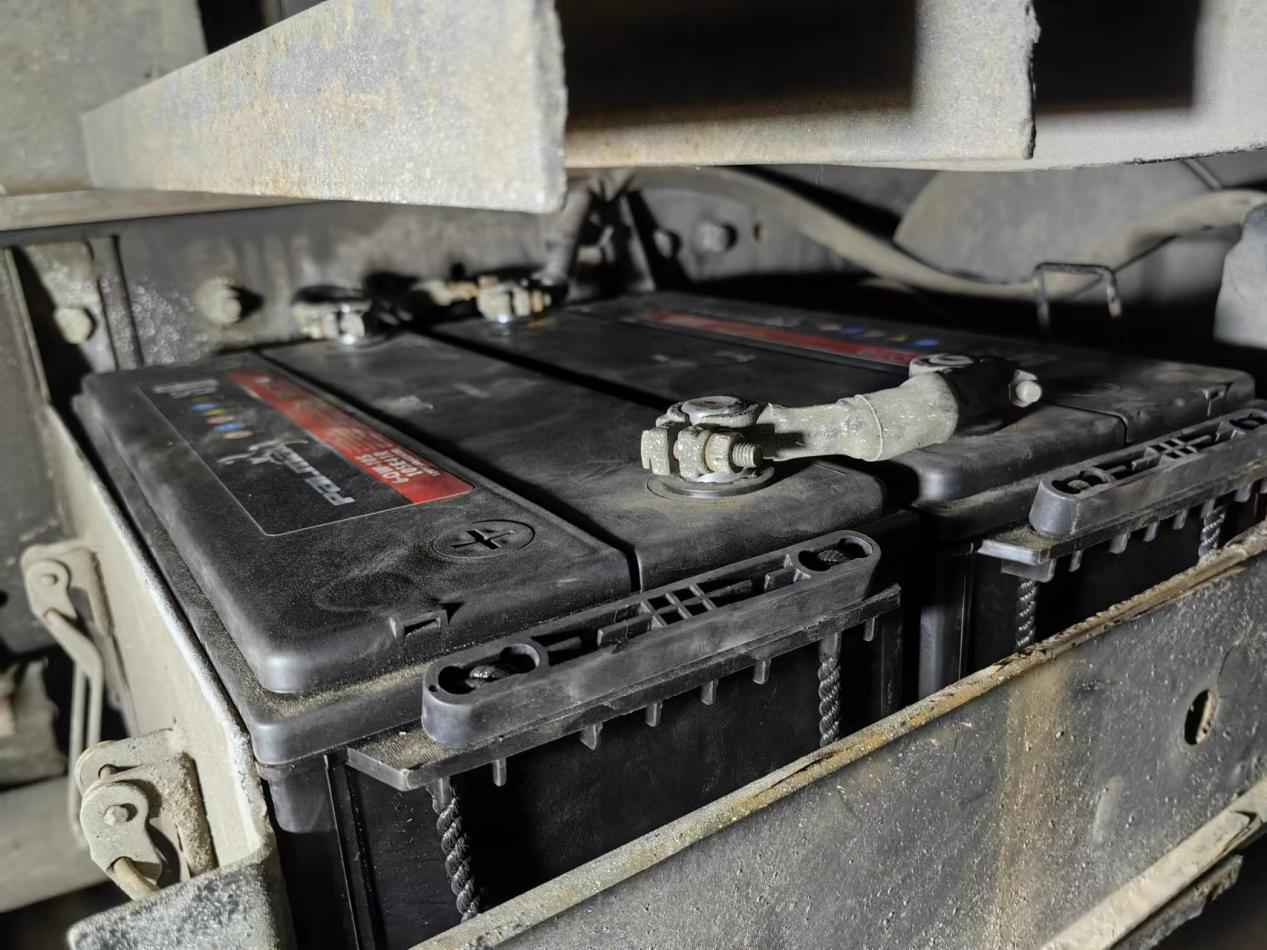Can lead-acid batteries explode and spontaneously combust on their own?
In modern life, batteries have become an indispensable part of our lives, widely used in automobiles, electric vehicles, UPS power supplies and many other fields. Among them, lead-acid batteries are deeply loved by consumers for their mature technology and affordable prices. However, the question of whether lead-acid batteries will explode or spontaneously ignite has been bothering many people. Today, we will explore this topic in detail to see if there is really such a risk in lead-acid batteries.
First of all, let's be clear: lead-acid batteries do not explode or spontaneously ignite under normal use. This is because the internal structure and material characteristics of lead-acid battery determine that it has good stability and safety. The main components of lead-acid batteries are lead and sulfuric acid, which do not produce high temperatures or pressures sufficient to cause explosion or spontaneous combustion during normal charging and discharging.

Of course, this does not mean that we can completely ignore the safety of lead-acid batteries. In some cases, the battery can still cause some safety issues if it is not used properly or maintained properly. For example, if the vents of the battery are blocked, the hydrogen and oxygen produced during charging and discharging cannot be discharged smoothly, which may cause the internal pressure of the battery to rise, which can cause a burst. In addition, if there is a short circuit between the poles of a lead-acid battery, or if the battery is exposed to high temperatures for a long time, it can also cause safety concerns.
Therefore, when we use lead-acid batteries, we must pay attention to the following points:
First, regularly check whether the vent of the battery is unblocked to avoid blockage. If it is found that the vent is blocked, it should be cleaned in time to ensure that the gas inside the battery can be discharged smoothly.
Second, it is necessary to avoid overcharging and overdischarging, which will lead to the deformation of the lead-acid battery bulge; When over-discharged, lead-acid batteries release hydrogen and oxygen, increasing the risk of external ignition.
Third, pay attention to the storage environment of the battery. The battery should be stored in a well-ventilated and suitable temperature place to avoid prolonged exposure to high temperatures or sunlight. In a high-temperature environment, the battery's electrolyte evaporates easily, resulting in an increase in the pressure inside the battery, which increases the risk of explosion.

In addition, we can also prolong the service life of lead-acid batteries and reduce safety risks through some scientific maintenance methods. For example, the battery is regularly charged and discharged to ensure that its performance is normal; When the battery is not in use for an extended period of time, it should be stored in a dry and ventilated place and recharged regularly to maintain its activity.
In short, lead-acid batteries are safe and stable under normal use and will not explode or spontaneously combust. However, we also cannot ignore its potential security risks. Only the correct use and maintenance of the battery can ensure that it is safe and stable to facilitate our lives. Let's start from ourselves, improve safety awareness, and make lead-acid batteries a powerful assistant in our lives, rather than a potential safety hazard.

